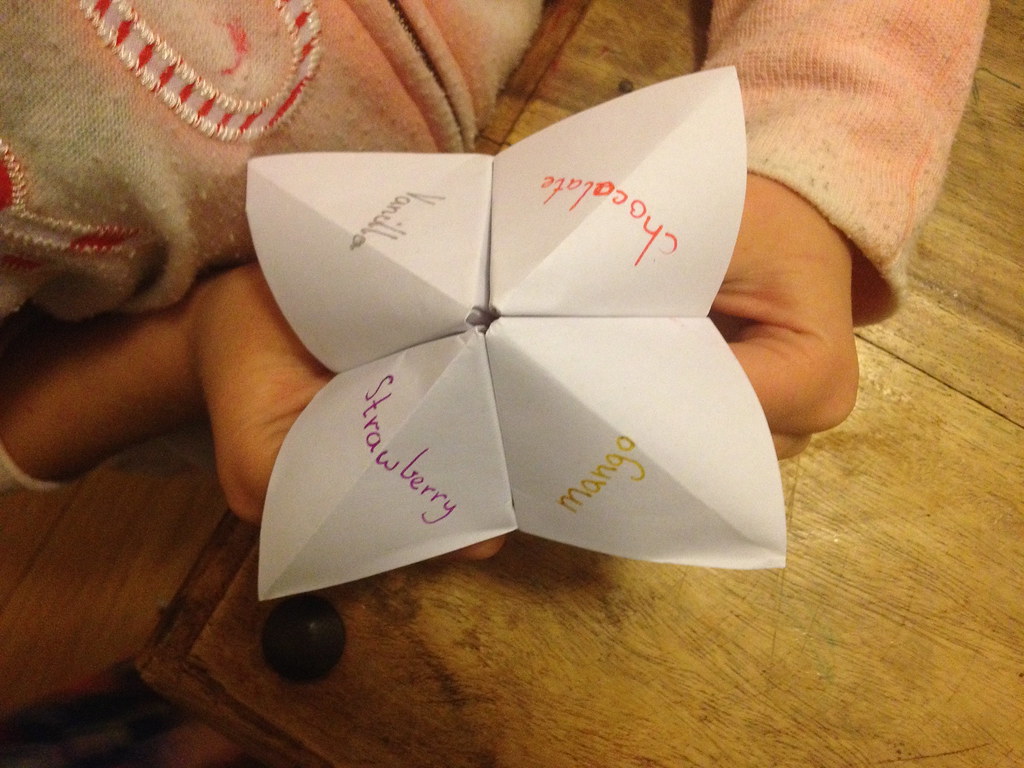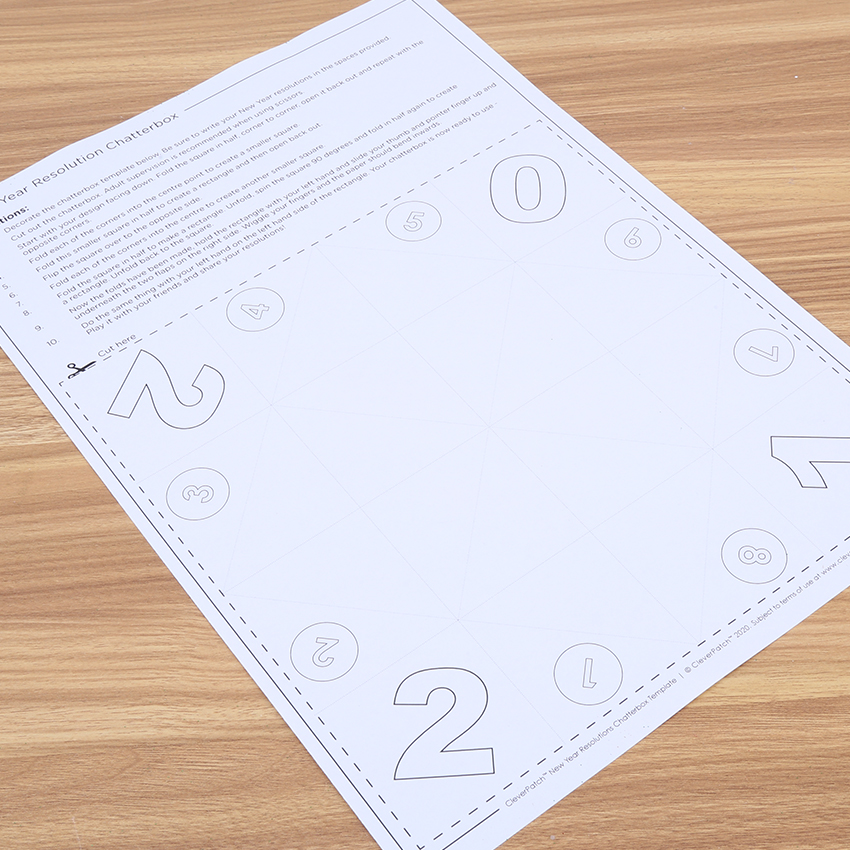

Unquestionably, therefore, the court may, at least until such time has elapsed as will warrant the presumption of a discontinuance or abatement of the action, vacate its entry, and recall any process which may have issued thereon, and proceed with the cause to its final and proper termination. And such void judgment, though supposed by the court, when rendered, to be final, will neither, in law or fact, exhaust or put an end to its jurisdiction or power over an action properly pending before it. "When, however, the judgment is not merely erroneous, but an absolute nullity, it can have no binding force or effect, either in the tribunal in which it is rendered, or in any other in which it may be brought in question.But the service on Terpening was not void, and did not affect the validity of the default judgment it was only voidable at the election of the garnishee. This fact, along with the other allegations of the petition, afforded sufficient excuse for failure of appellee to file an answer to the garnishment writ. (3) That the writ was served upon Terpening, as president of appellee, who was also defendant in the main suit and adversely interested to appellee.

Ellis, above, is directly in point on this question. Where, however, the failure to follow a statutory requirement is of such character as to amount only to an irregularity which the garnishee might waive, the judgment is merely voidable at his instance, upon proper showing, and, in order to have it set aside after the term at which it has been rendered has closed, the same rules of procedure apply as in other actions.


Generally speaking, failure in this regard would render a Judgment against the garnishee not merely voidable, but absolutely void. There are of course many distinctions between the two characters of action, chief among which is that garnishment is a creature of statute, and Jurisdiction is not acquired and the lien of garnishment does not attach unless the statutory prerequisites have been substantially met.
CHATTERBOX PAPER TRIAL
The trial court rendered judgment setting aside the default judgment, and permitting appellee to file its answer to the garnishment writ. The petition clearly alleges equitable grounds excusing failure of appellee to answer, which will be noted hereafter, and a meritorious defense to the garnishment writ. This suit was instituted by appellee on May 8, 1926, to set aside the default judgment.The judgment was in favor of the other garnishees on their answers. The writ against appellee was served on Terpening on June 15, 1925, but no answer was filed by appellee and on January 11, 1926, judgment by default was rendered against it for $17,038.11, with interest thereon at 10 per cent. The several writs were not separately numbered and docketed as required by R.S. Separate garnishment writs were issued to each garnishee, returnable to the January term, 1926, of the court. On June 11, 1925, Barton made affidavit in garnishment against appellee, Montex Corporation, of which Terpening was then president, and several other corporations. In January, 1922, Barton recovered a judgment against one Terpening for $12,191.30, bearing 10 per cent.The following language of Associate Justice Moore is quoted from the opinion in the Milldam County Case: Go to 217, note 32, and authorities there cited. There is an inherent continuing power in such court to set aside its void judgment. A judgment which is absolutely void is, In the language of some of the courts, mere waste paper, and the court in which such judgment is rendered does not lose jurisdiction over the subject-matter after the term of court at which the judgment was entered has expired.In such suit the issues are not tried by piecemeal, but the entire case is opened up on its merits, and the relief prayed for is either denied or granted in the one proceeding. 256, it has been the uniform holding in this state that the trial court is without power to grant a new trial, as such, after the term has ended at which a judgment is rendered and the only relief to an injured party other than by appeal, is by plenary suit setting up equitable grounds for the relief sought. This has been repeatedly held to be a mere irregularity which did not affect the validity of the garnishment proceeding. (1) That the proceeding against appellee was not docketed separately from the main suit or from the proceedings against the other garnishees.


 0 kommentar(er)
0 kommentar(er)
